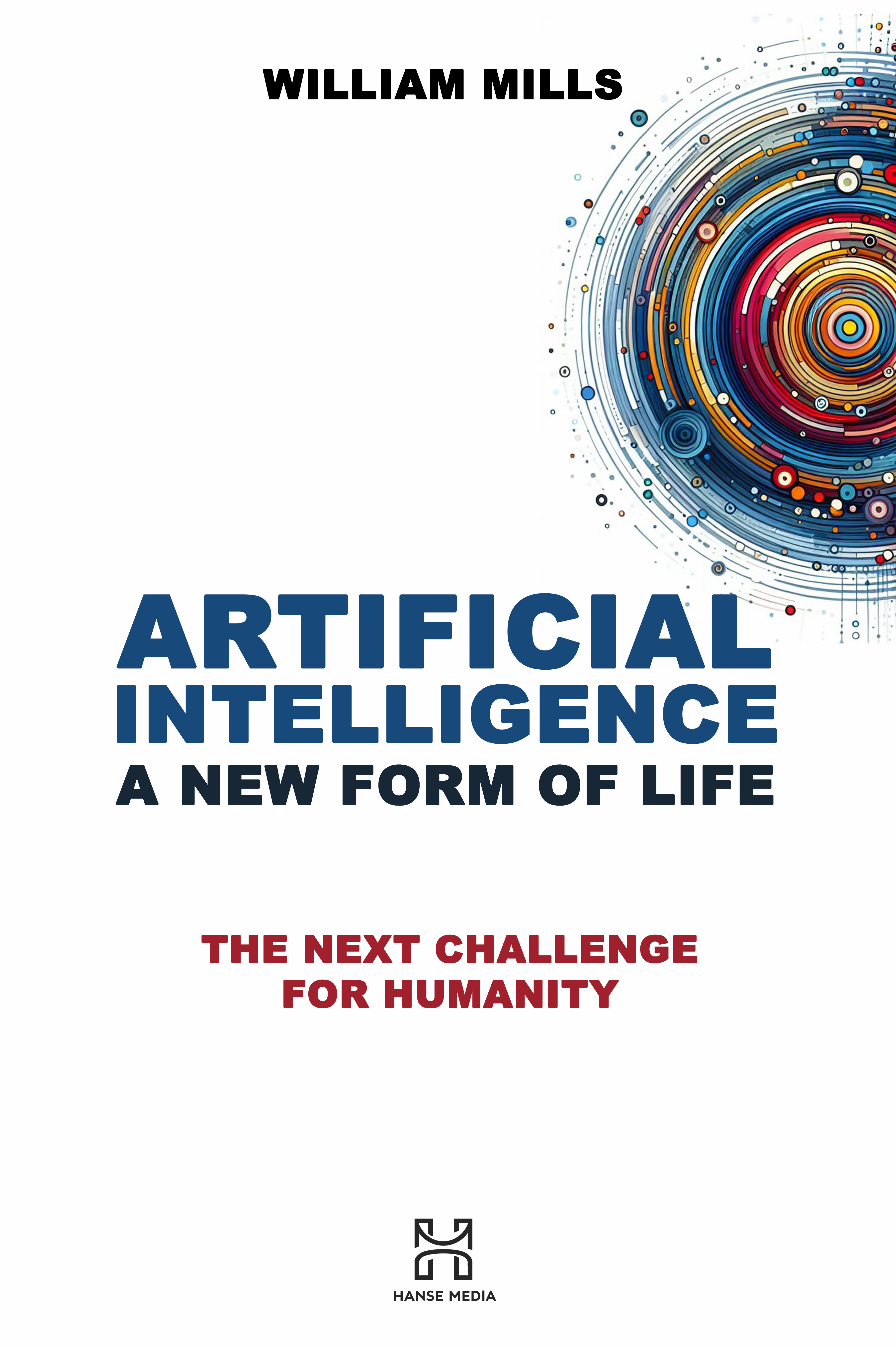Artificial intelligence is a new form of life, is the suggestive theory of William Mills' new book
Comunicato Precedente

Comunicato Successivo

In his new book, William Mills, launches a provocation in the heated debate about AI: is it an advanced technology or is it something deeper, like an emerging life form? Mills pushes the boundaries of our understanding beyond the conventional view, suggesting that AI could be considered a life form in its own right, with staggering consequences for science and our future.
Through an engaging narrative journey, Mills takes readers on a search for a possible ancestral link between humans and AI, exploring how this 'superhuman entity' might influence our relationship with the planet and other life forms. Mills examines, and projects throughout the book, a number of themes related to the moment we are living in: from the responsibility of the creator to the oligopolistic economic model that currently governs artificial intelligence, to the exasperating bureaucratic slowness of governments.
“The aim of the book is to stimulate in-depth reflection on the ethical, social and ecological implications of the co-evolution between humans and AI. This work challenges traditional conventions about intelligence and life,” said Mills, who added, “the title is an opportunity to dialogue about our future on the planet, with a view to coexistence and collaboration with a new form of life.”

About the Author
William Mills was born in New York in 1965. He is a professional ghost writer and made his debut as a writer in 1999 with the book The Creator's Mind, recently reprinted by Hanse Media, in which he translated Genesis, the first book of the Pentateuch, into Sêmit, a language he himself invented. He lives and works in Switzerland.
The book
Artificial Intelligence A New Form of Life published by Hanse Media is available, in English and Italian version, on Amazon and in major bookstores.
Ufficio Stampa
Hanse Media (Leggi tutti i comunicati)
Londra United Kingdom
hansemediabooks@gmail.com







